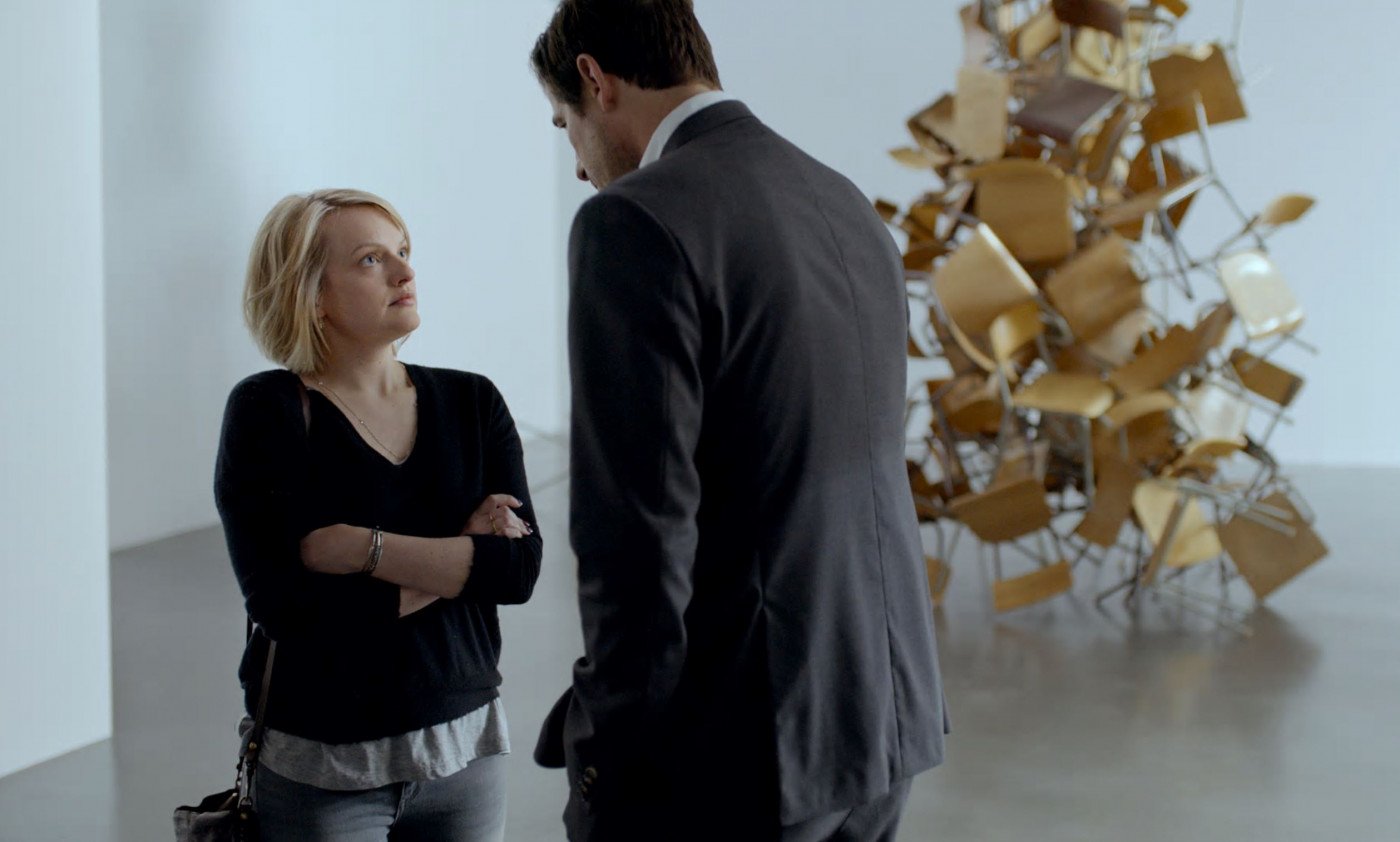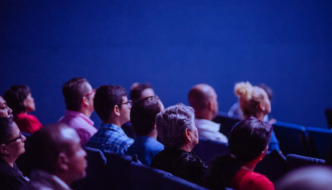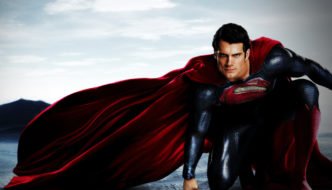
Every ‘arts professional’ I know has been compiling a Black Book of ‘Can You Believe It’ stories since their first experience of working in a cultural institution: from bizarre office requests, working with testing artists and, at times, distasteful open-ended works justified as ‘provocations’. Ruben Östlund’s 2017 film The Square presents the art world satire that you’ve dreamt of making yourself. It perfectly satirises the insidious effects of a post-ironic art scene through the eyes of a curator developing an exhibition of The Square, a work that is ‘a sanctuary of trust and caring’.
Now don’t get me wrong, the art world isn’t completely morally reprehensible and, contrary to the above, I do believe in it. Nothing is more rewarding than working on a project that you truly believe in creatively and passionately, but a few weeks have passed since I watched The Square and I’m still feeling unsettled. While it presents an over-exaggerated and decadent look into the inner workings of a Swedish art institution for the purpose of humour and discomfort, the underlying message is clear; the arts are intertwined with middle class, white privilege. And from this we must unpick what it means to work in the arts today.
The film introduces us to Head Curator Christian (Claes Bang) as the exhibition’s team works with consultants to devise a marketing strategy focused on aggressive and provocative tactics. We witness an institution’s desperate attempt to seem relevant, confusing internet notoriety with success, by releasing a video online to the horror of audiences.
I laughed at the jokes but they sit uncomfortably. Has the sector become a parody of itself? Does that make my life a joke, too? The plot continues to unfold with a terrifying and perverse performance of a male artist attacking a woman audience member whilst imitating a gorilla. We observe Christian’s hedonistic lifestyle as he tries to sleep with colleagues, attends meetings without paying attention and signs the release off to the completely misguided promotional video. He exudes a classist and patriarchal power throughout, depicting a clear ‘us’ vs ‘them’ attitude to audiences. At one end, he exists far removed from real life in the exclusivity of ‘private views’, opening talks and meeting individual donors, and in another he adopts vigilante tactics to find his stolen phone, wallet and cufflinks in an area of town that has him worrying about the safety of his flash car.

My shoulders shrink. Though released in November 2017, I watched The Square in April 2018 when it came to UK cinemas more widely. This is the same month that the Panic! It’s an Arts Emergency report was published in the face of which the film feels less like a satirical comment on the arts than a prophetic piece of cinema. Initiated in 2015 and led by sociologists in Edinburgh and Sheffield, the report Panic! It’s an Arts Emergency evidences the rampant social inequalities of the UK’s arts, revealing how the sector ‘significantly excludes’ people from working class backgrounds, the disabled and Black, Asian and Minority Ethnic communities, all exasperated through the normalcy of unpaid work. It also discloses how the upper middle class, which makes up the majority of the sector, has a very different taste to the rest of the population. And those people at the top, who are predominately white middle class real-life Christians, still don’t get it. It’s the first analysis of social mobility into cultural occupations and it proves the gap between perceptions of the sector and the reality of it. Participants in the survey failed to recognise their head starts from wealth and circumstance. They supposed their success came from hard work and talent alone.
The Square is a surreal, anxiety inducing watch that plays out the dangers of a sector becoming so inward facing that it will eventually completely exclude everyone except those that work in it, if it hasn’t already. It mirrors harmful tendencies of institutions that fail to programme activities outside of their own interests or experiences, twisting projects to suit funders until they are rendered completely soulless, and juggling pressures to engage audiences with artistic sensibility in a fast-paced online world.
New research is leading to new dialogues and there’s never been a more important and relevant time to promote diversity, accessibility and inclusion in the arts. We need to ensure that new generations, in recognition of sector shortcomings and also personal privileges, strive to work and exist in it. We’re finally talking about these issues, but it’s unclear how and when things will change. The Square is a dystopian nudge to keep us thinking. It’s too late for pretentious protagonist Christian, and whilst the film holds no true answers for improving things, the discomfort it induces in viewers shows us how not to act. It shows us the consequences of entitlement and social discrimination and whilst I’m not sure what the arts will look like in ten years’ time, we must let the satire of The Square keep us gripping onto our shared humanity as it plays out.
Filed under: Film, TV & Tech
Tagged with: Claes Bang, film, Panic! It's an Arts Emergency, The Square



Comments